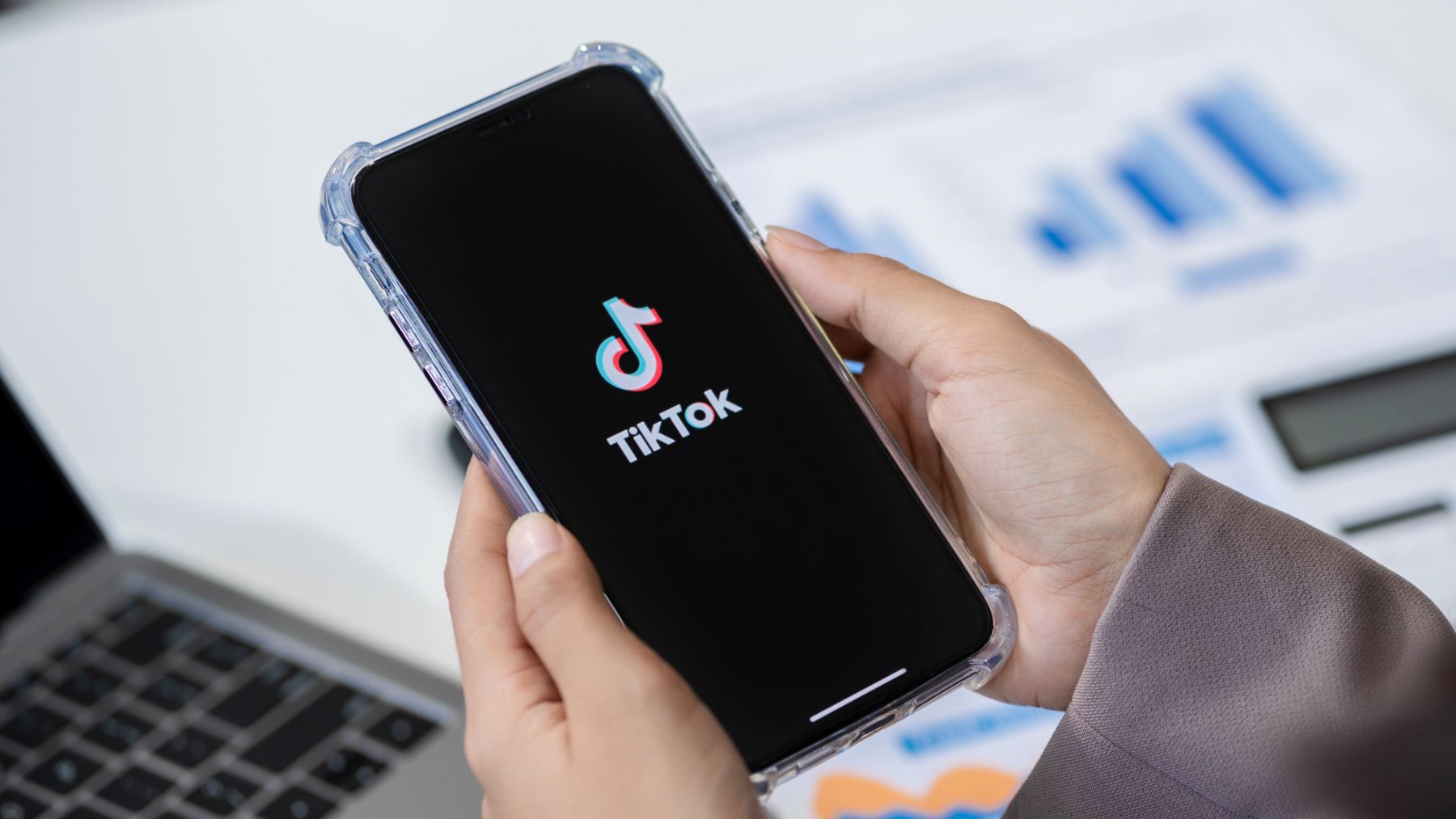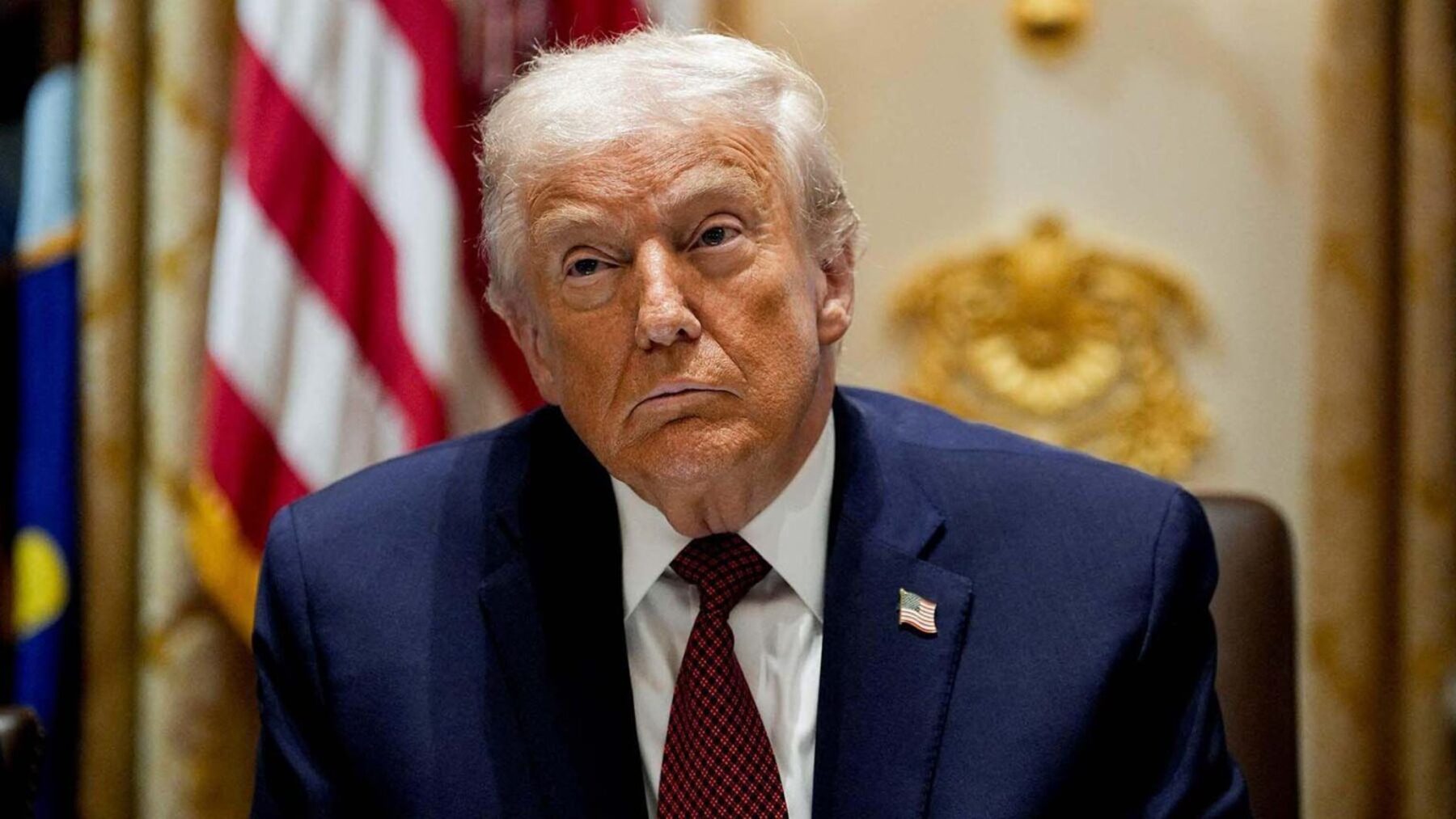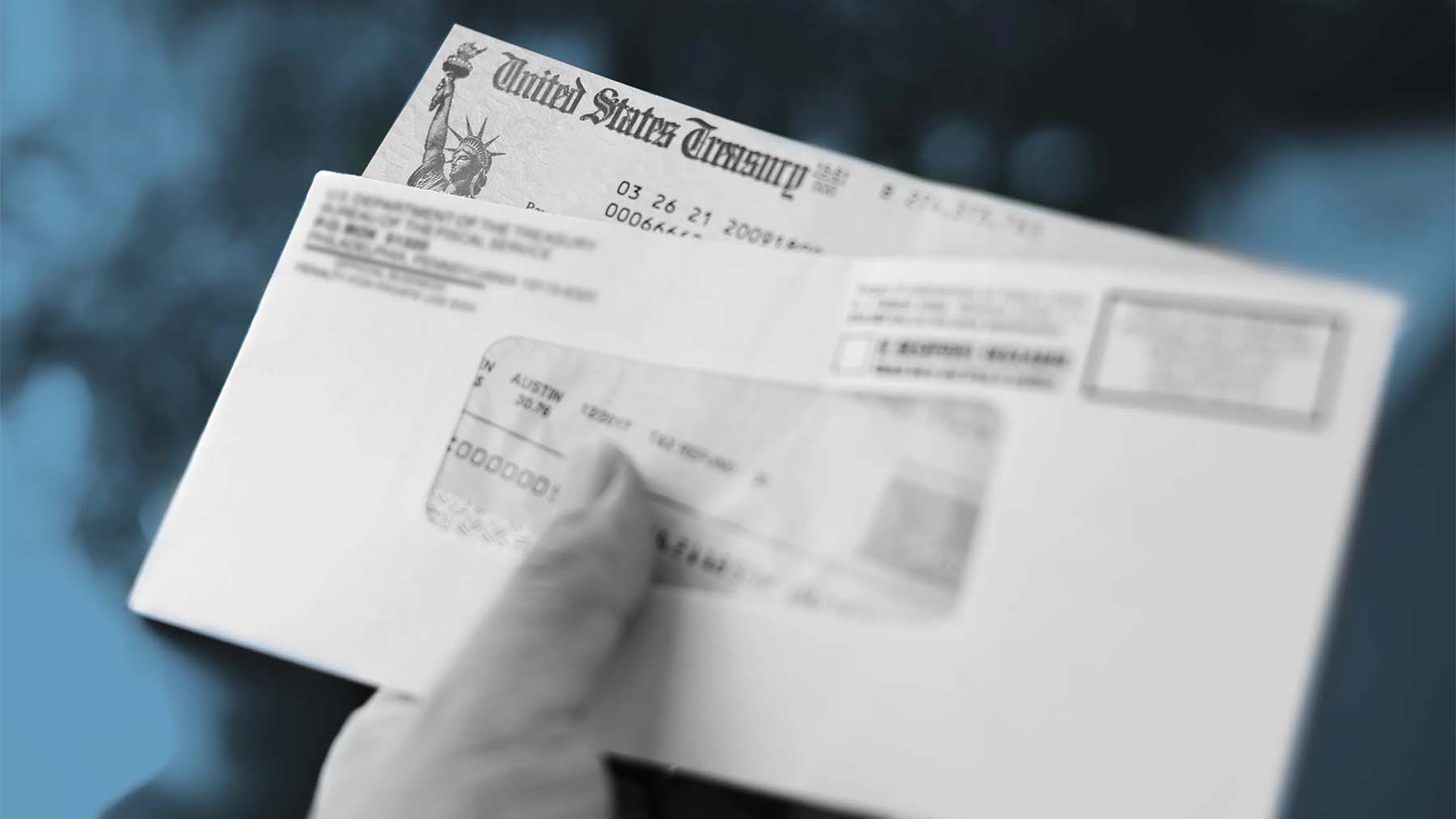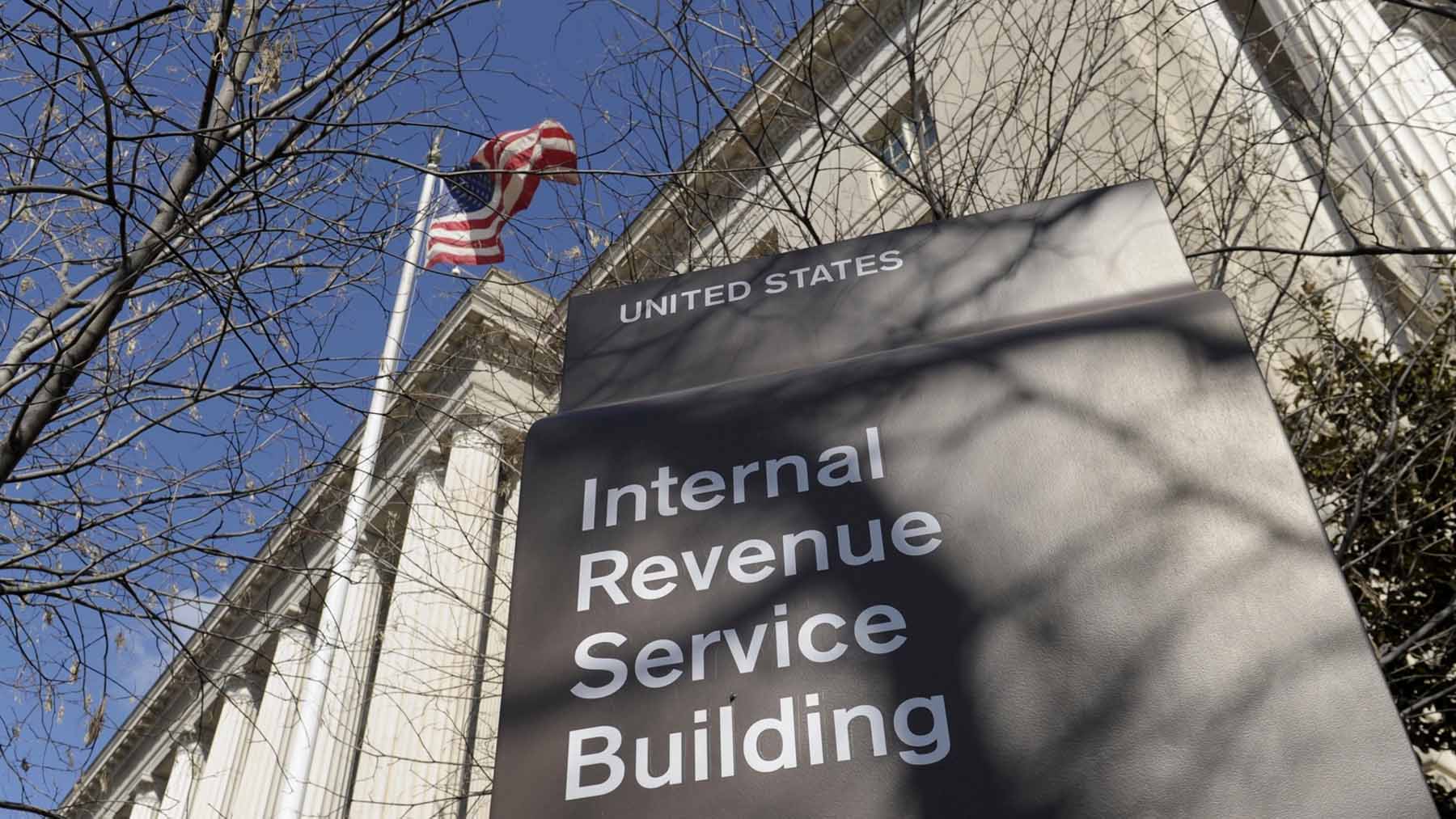Like most subjects, the world of social media has it’s pluses and minuses. On the positive side it can be fun, entertaining and, sometimes, informative, but on the flip, there are several of negative connotations – aside from its addictiveness, there’s there’s the toxicity, unsuitable content, aggression, bullying, trolling… It’s not the perfect ideal of how social are percieved.
Social media are at a key point around digital regulation and it is key to take into account users whose mental health has been affected by digital addiction. Among the apps that directly influence this issue, Instagram and TikTok will have to deal with the European law to discuss and manage their usage limit. Read on for all the details of the new situation.
Spending time in front of a screen
Most of us maybe spend too much time in front of a screen – we’re spending more time glued to our computer/mobile device screens than ever before, and that’s not good for our health. A sedentary lifestyle causes health subjects further down the line and looking at a screen for hours on ends every day affects our eyesight.
Tiktok lets parents to have control on their children’s screen time through its Family Pairing tool and in March, the company unveiled a recent feature, Time Away, which sets determined times when the social media platform is available to run on children’s devices.
Its an idea which has been adopted by the UK government, who are looking into imposing social media curfews for under-16s.
Secretary of State for Science, Innovation and Technology Peter Kyle explained the government’s plan to enforce limits on scroll time for youngsters at the same time an appearance on the BBC’s morning talk show Sunday with Laura Kuenssberg earlier this month.
What is the ‘App Cap’ that the UK government are considering nowadays
Kyle explained that legislation to impose a two-hour cap on social media apps for teenagers is being looked into.
“I know that this is something that you and your viewers care deeply about, and I’ve not been able to talk publicly about what Labour’s approach is because we’ve had the legacy legislation that has to go though first. But this year, we’ve had illegal content that needs to be taken down; in July, age-appropriate material must be supplied by platforms, otherwise there will be criminal sanctions against them. In this time I have been looking very carefully, about what we do next.”
In first place, it is important to nail down harder on safety, but it must be underlined that in order to use that safety for a purpose which to understand what is a healthy online life for children. In the same way its relevant to understand what we understand health is in the physical offline world. In addition, at the same time they are trying to incentivize the behaviors and stop the barriers towards moving towards that healthy life.
When asked whether a curfew for young internet users was a real chance. he replied, “I’m looking at things that prevent healthy activity. I’m looking at some of the addictive feature of some of the apps and smartphones. I’m trying to think how we can break some of the addictive behavior and incentivize more of the healthy developmental, educative and also the good communicative side of online life”.
Social media curfew during the school day
What could this mean if the legislation goes through? In an recent interview with the Daily Mirror back in April, Mr Kyle explained that reforms should include teenagers being blocked from accessing social media sites after 10 p.m. and during the school day.
“At certain poimt it’s interfering with young people’s sleep or ability to concentrate when they’re doing school work, sometimes out of hours, as well as focusing on the school day itself, even though 97% of schools do exclude smartphones from school itself,” he said, while adding that he does not support a total ban on under-16s using social media, – something which Australia’s government approved at the end of last year. Nor are Labour considering a statutory ban on phones in school.









